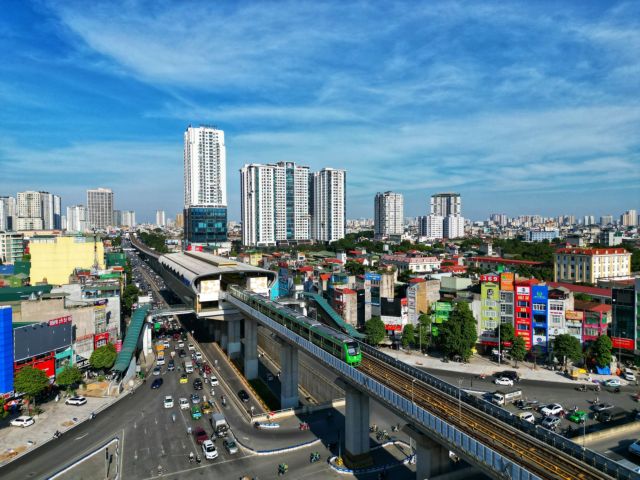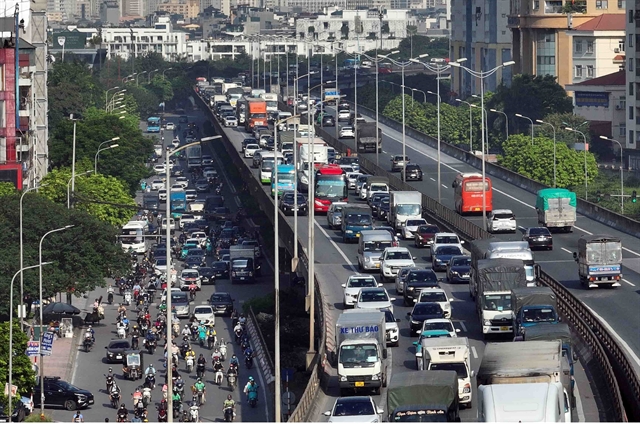▌Câu trả lời hay nhất
Technological innovation has become an important factor driving Vietnam's sustainable economic development amid the uncertain global economic issues.

Between 2014 and 2023,trực tiếp bóng đá bình định hà tĩnh over $4.6 billion flowed into Vietnamese startups through 835 deals.
 |
| Vietnam's tech start-up Kobiton. |
This information was highlighted in the 2024 Vietnam Technology Investment and Innovation Report released by the National Innovation Center (NIC) and Do Ventures Investment Fund.
Of these, 2021 witnessed the highest capital inflow, with over $1.44 billion invested in 165 deals. Subsequently, the market cooled down due to the "winter funding season" affecting the Southeast Asian startup ecosystem.
Last year, Vietnamese startups received a total of $529 million in investment, a 17% decrease from 2022. This suggests that the technology investment landscape in Vietnam continues to be affected by global economic fluctuations. However, compared to the global 35% decline in total venture capital investments, the Vietnamese market remains resilient to many challenges in the capital market, according to the report.
The healthcare sector received a record amount of investment last year, skyrocketing by 391% from the same period in 2022 to $184 million. Meanwhile, the education startup sector received $67 million, a 107% increase and a record high. The recruitment and tourism-hospitality sectors also attracted significant investments, increasing 305% and 132%, respectively.
In 2023, Singapore led the investment activities into Vietnamese startups, with domestic investors in second place. Within Southeast Asia, Vietnam maintains its third position in terms of both the number of deals and investment value. Singapore leads the region, followed by Indonesia.
Vu Quoc Huy, Director of the NIC, said Vietnam has emerged in recent years as an attractive destination for technology investment in the region. This is thanks to the country's digital economy, which saw the highest growth in Southeast Asia for two consecutive years in 2022 and 2023.
"Amid the uncertain global economic issues, technological innovation has become an important factor driving Vietnam's sustainable economic development," Huy assessed.
Forecasts suggest that investment flows into Southeast Asian startups in general, and Vietnam in particular, could improve shortly. A recent analysis by Amanda Murphy, Regional Head of Business Banking for South and Southeast Asia at HSBC Asia-Pacific, and Ahmed Yeganeh, HSBC Vietnam's National Director of Business Banking, found that despite being in a "funding winter" phase, Southeast Asia remains the fastest-growing digital economy in the world, with a 12% growth last year and projected annual growth of 16%, reaching a value of nearly $1 trillion by 2030.
This potential is partly driven by the region's 700 million people, the majority of whom are young, educated, and tech-savvy, with a growing middle-class consumer base.
This market is increasingly attractive to investors. Recent surveys by HSBC of businesses operating in the regions show that 74% intend to increase investment in Southeast Asia this year. "Especially promising prospects lie in e-commerce, digital financial services, healthcare technology, green technology, clean energy usage in transportation ecosystems, and artificial intelligence," the group of experts forecast.












